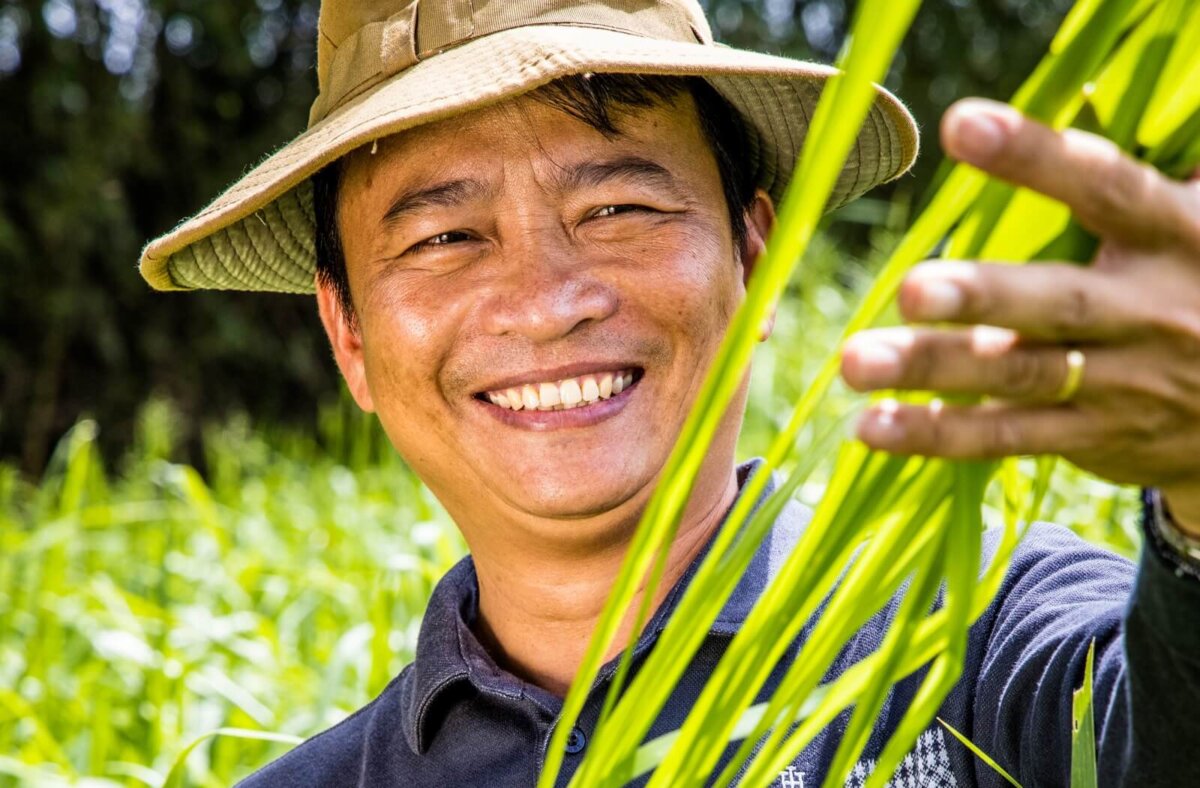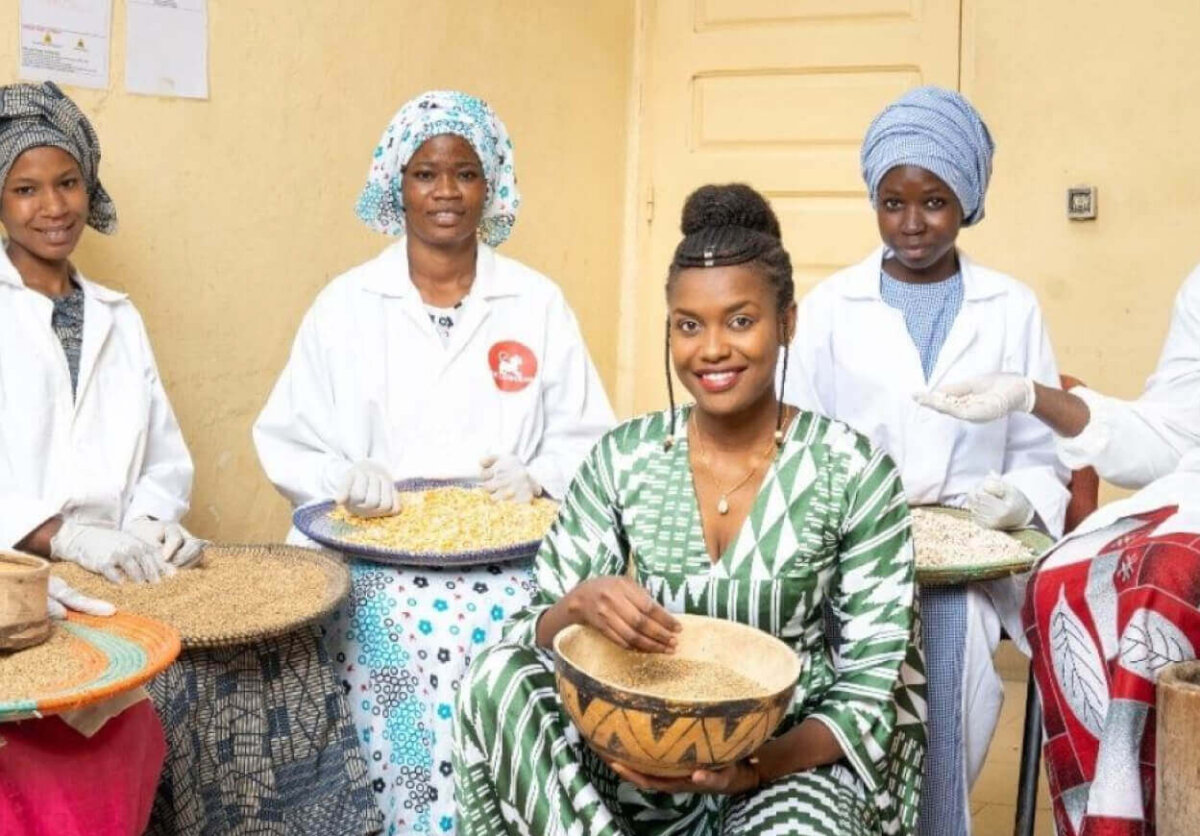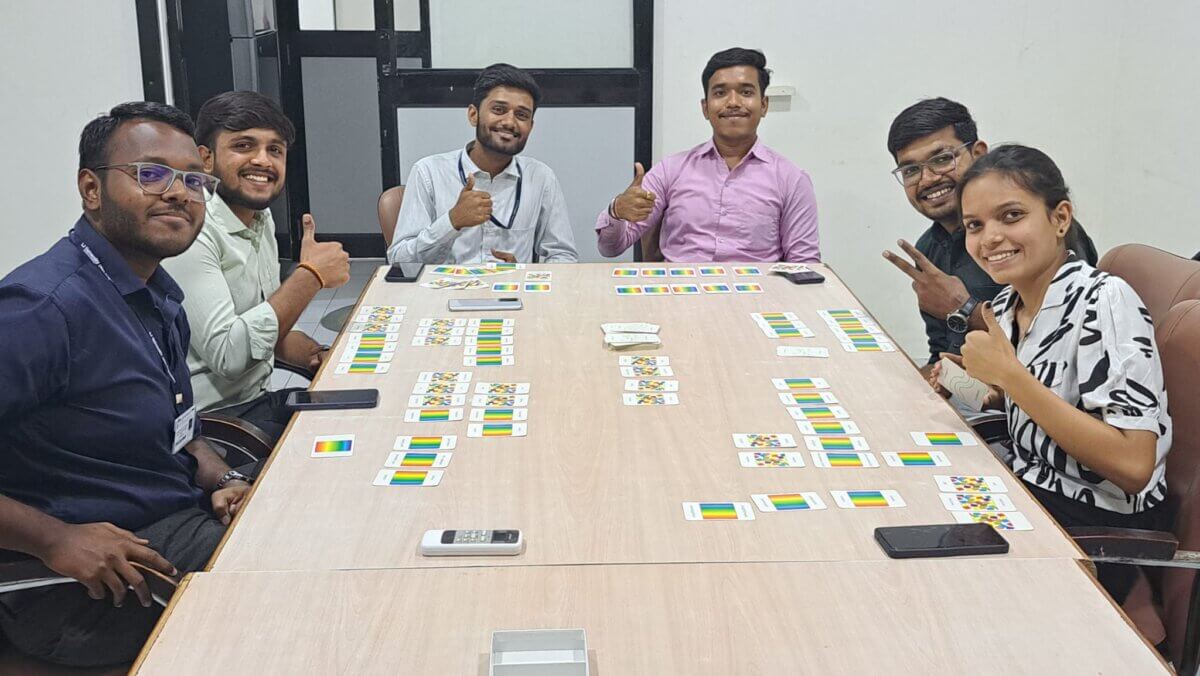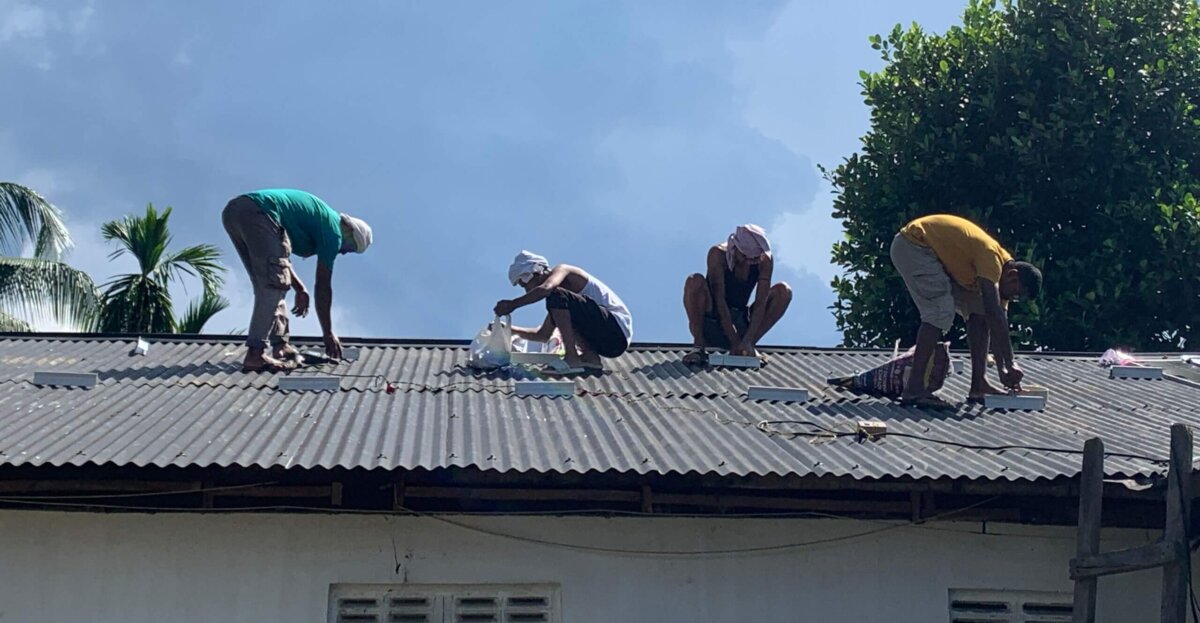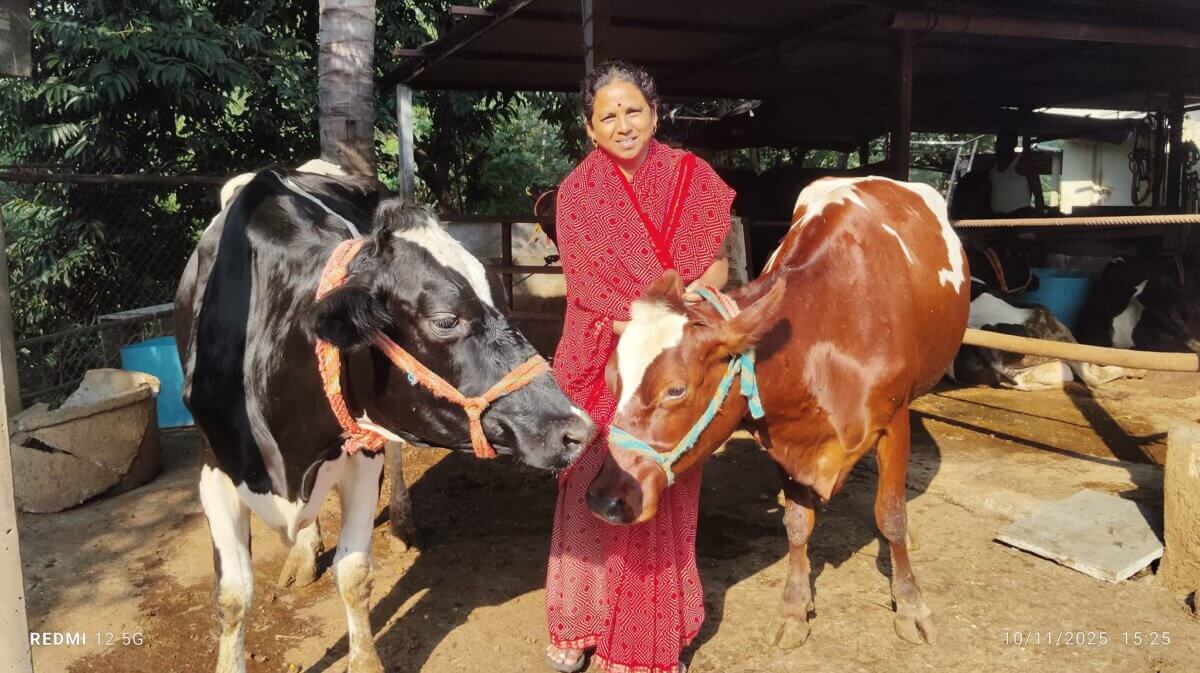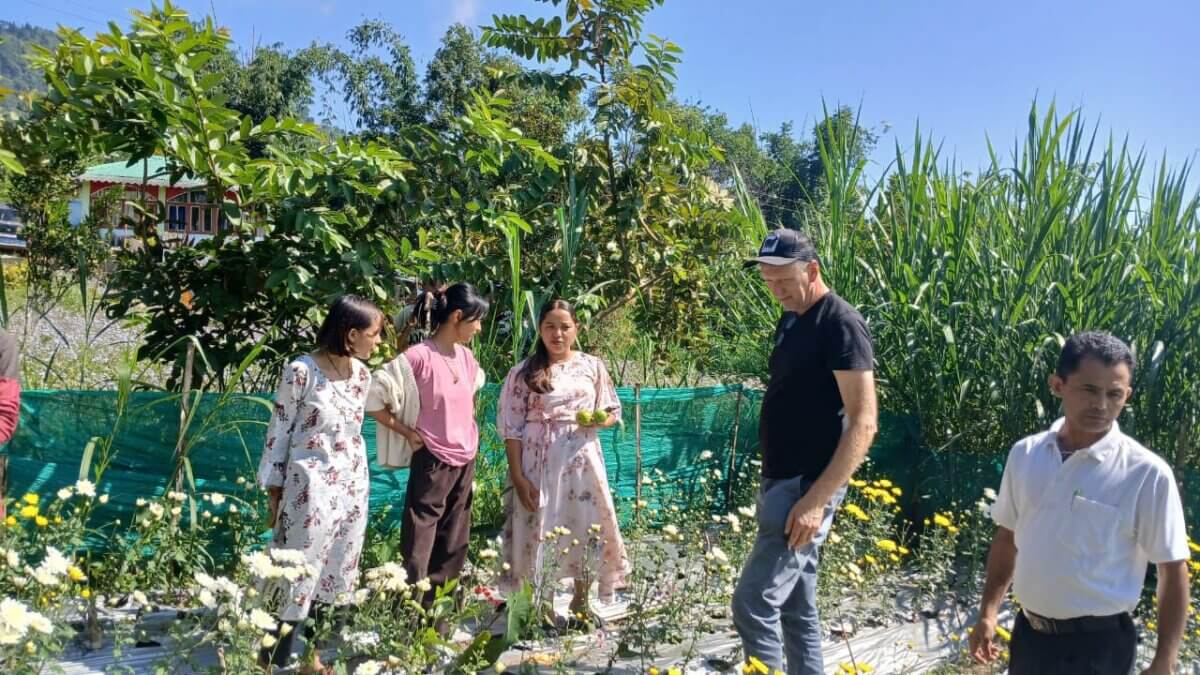- Projects
- Strengthening Indian agriculture through Centers of Excellence
Strengthening Indian agriculture through Centers of Excellence
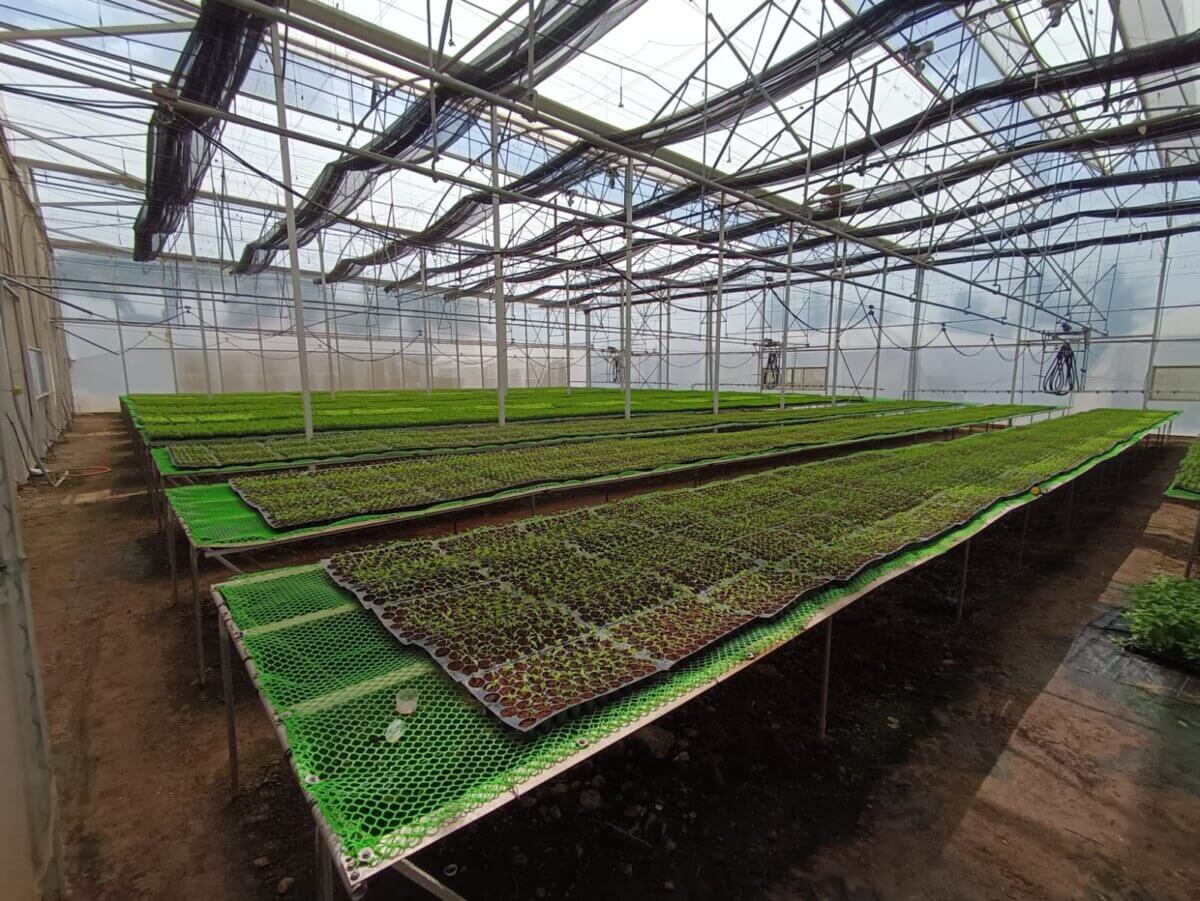
Since 2012, PUM has been partnering with Indian agricultural institutions to establish Centers of Excellence (CoEs) in horticulture across the country. These advanced hubs serve as vital platforms for knowledge exchange, skill development, supply of quality planting material, and capacity building. PUM has played a central role in developing these Indo-Dutch CoEs, empowering hundreds of Indian farmers and improving their livelihoods.
Initiated by the Dutch embassy in Delhi in 2012, the Center of Excellence (CoE) programme was launched under a bilateral agreement between the Dutch and Indian governments. PUM’s involvement was requested by the Indian federal government (MIDH as part of Ministry of Agriculture and Farmers Welfare) and supported by the Dutch Ministry of Agriculture (LVVN) by making experts available to support these CoEs. The funding in this programme is to offer technical support, organisational development and improving the standards of production and livelihood of Indian farmers.
For more than a decade, PUM experts have contributed to designing these centers, training local staff, and introducing sustainable, scalable farming practices. Each year, hundreds of farmers gain practical skills in crops such as onions, potatoes, greenhouse vegetables and flowers, fruits, enhancing both productivity and resilience. Collaborating with local partners, PUM ensures these CoEs promote sustainable business solutions, innovation, and international knowledge exchange.
Scaling
impact
The initiative has grown significantly, from three operational CoEs in 2020 to thirteen now, with even more centers in various stages of establishment. The inclusion of private-sector partners has expanded the initiative’s reach and strengthened ties within broader agricultural ecosystems. This collaborative approach allows PUM to operate at a larger scale, engaging business ecosystems to drive systemic, long-term change. Targeted expertise at these CoEs amplifies local capacity and fosters sustainable innovation.
“Centers of Excellence are playing a vital role in bringing the latest farming technologies to Indian farmers. These centers not only demonstrate modern practices but also provide hands-on training, empowering farmers to enhance productivity, reduce costs, and increase their income”, stated Sri Priya Ranjan, Joint Secretary MIDH, from the Government of India.
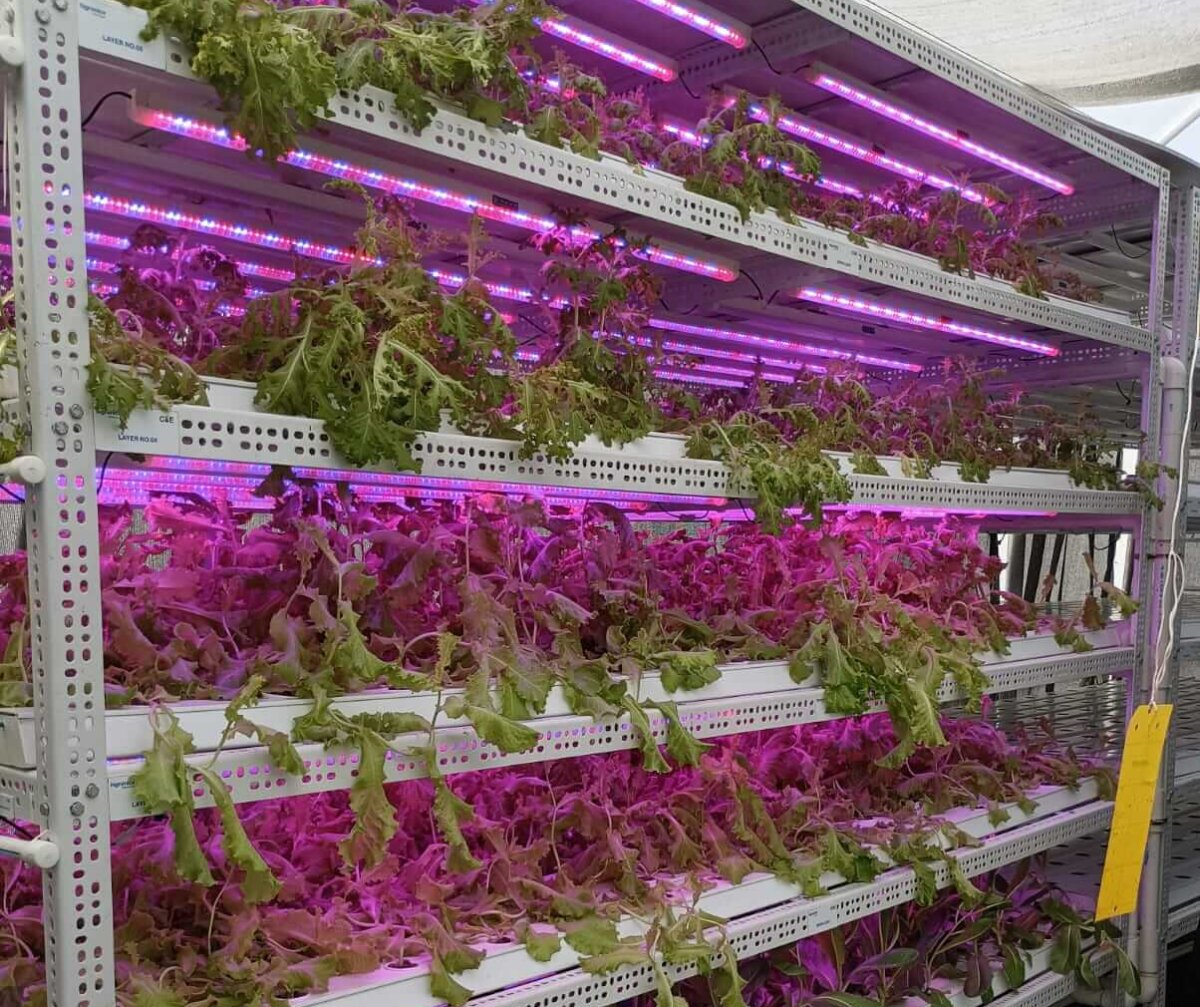
One of the many PUM experts that contributed to the Centers of Excellence over the past decade is Ewa van den Brink-Machowska. She recently led an intensive five-day training on strategic business planning for Indo-Dutch CoEs across India. Participants from Maharashtra, Kerala, Punjab, Tripura, Chhattisgarh, Gujarat, and Karnataka came together to develop actionable strategies for building future-ready, impactful institutions. Ewa: “It was inspiring to see participants from different states come together with such dedication and openness. By sharing experiences and co-creating strategies, they are building a strong foundation for Centers of Excellence that can truly drive sustainable impact.”
Bridging knowledge and
innovation
Edwin Witlox, PUM coordinator and a long-time contributor and promotor to India’s Centers of Excellence, emphasizes their transformative role: “These centers aim to bridge knowledge gaps, foster innovation, and empower the agricultural sector in India. We are proud to see our Dutch expertise and know-how contributes to designing these centers, training local staff, and introducing sustainable, scalable farming practices.”
Tjaart Hofman, PUM coordinator for technical experts to support the CoEs adds: “The dedication from MIDH and local State Horticultural Missions to let these CoEs function effectively is an excellent condition to let the contributions from our experts materialise into better agronomic techniques and higher productivity for Indian farmers.”
Interested in this project? Get in touch with
Tarannum Azad Kadarbhai
Representative India, Phaltan, Dist, Satara

